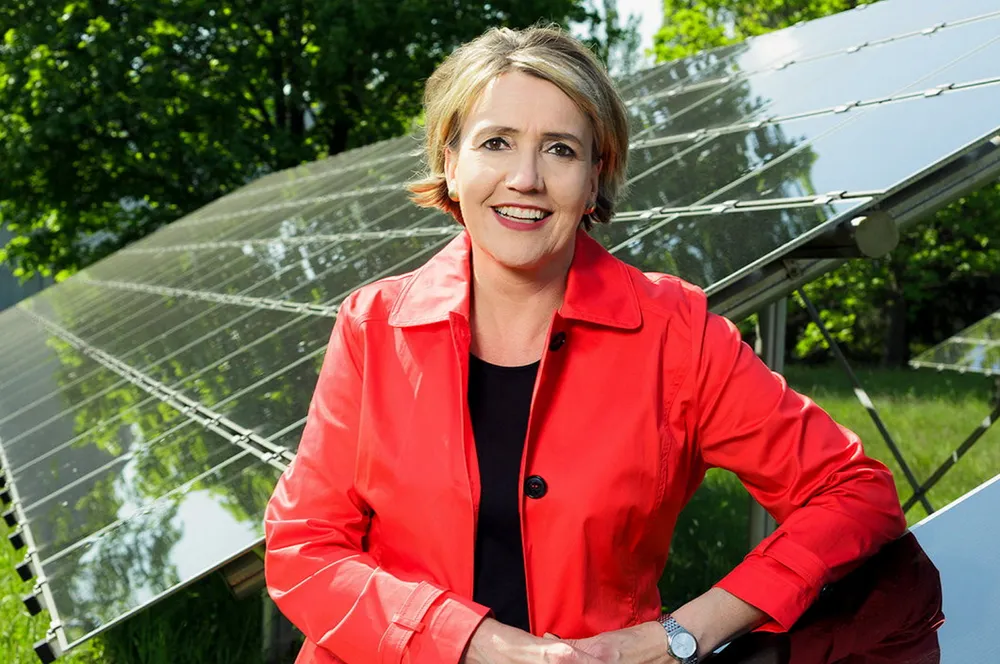Warnings over 'experiment of radical change' as Germany plans renewables subsidy reform
Federal budget coalition deal foresees change from one-sided CfD scheme to support for investment costs

Germany’s renewable energy sector has warned a government proposal to change the country’s subsidy scheme for green power from a tender-based guaranteed minimum price to support only for investment costs would be an "experiment of radical change" that could unsettle markets and investors.
Chancellor Olaf Scholz’s Social Democrats, the Greens and Liberals (FDP) after torturous negotiations on Friday agreed on a federal budget for next year. The government will move the payment of subsidies under Germany’s Renewable Energies Act (EEG) from a climate fund to the federal budget – some €17bn ($18.4bn) are pencilled in for next year – but plans to reform the system in the medium term.
“We now want to test these and other instruments in a real laboratory setting. We want to support where it is needed.”
The budget agreement also states that the government will “temporarily suspend” subsidies for larger plants when market prices turn negative, and lower the threshold at which renewable energies can market their own electricity.
The Liberals of finance minister Christian Lindner, who have criticised the high costs of Germany’s renewables financing for long, were enthusiastic about the proposed change.
But Germany’s renewable energy federation (BEE) was less thrilled.
“It is right to reform the financial security of renewables via the EEG. However, the BEE has always warned against a drastic change of instrument,” BEE president Simone Peter said.
“The experiment of a radical change to investment cost subsidies carries the risk of market uncertainty and investment reluctance, which can massively endanger ambitious expansion targets.
“We therefore advocate maintaining the tried and tested funding system (cents/kWh instead of euros/installed capacity) and propose switching to a volume security instead of the current time-based funding in the EEG.”
Under the current system, most operators of renewable power installations receive a subsidy under the EEG, which compensates for the gap between wholesale electricity market prices and a price won at tender, like a one-sided contract for difference (CfD).
The Bundestag, Germany’s parliament, will discuss the budget proposal after the summer recess, with amendments possible.
(Copyright)